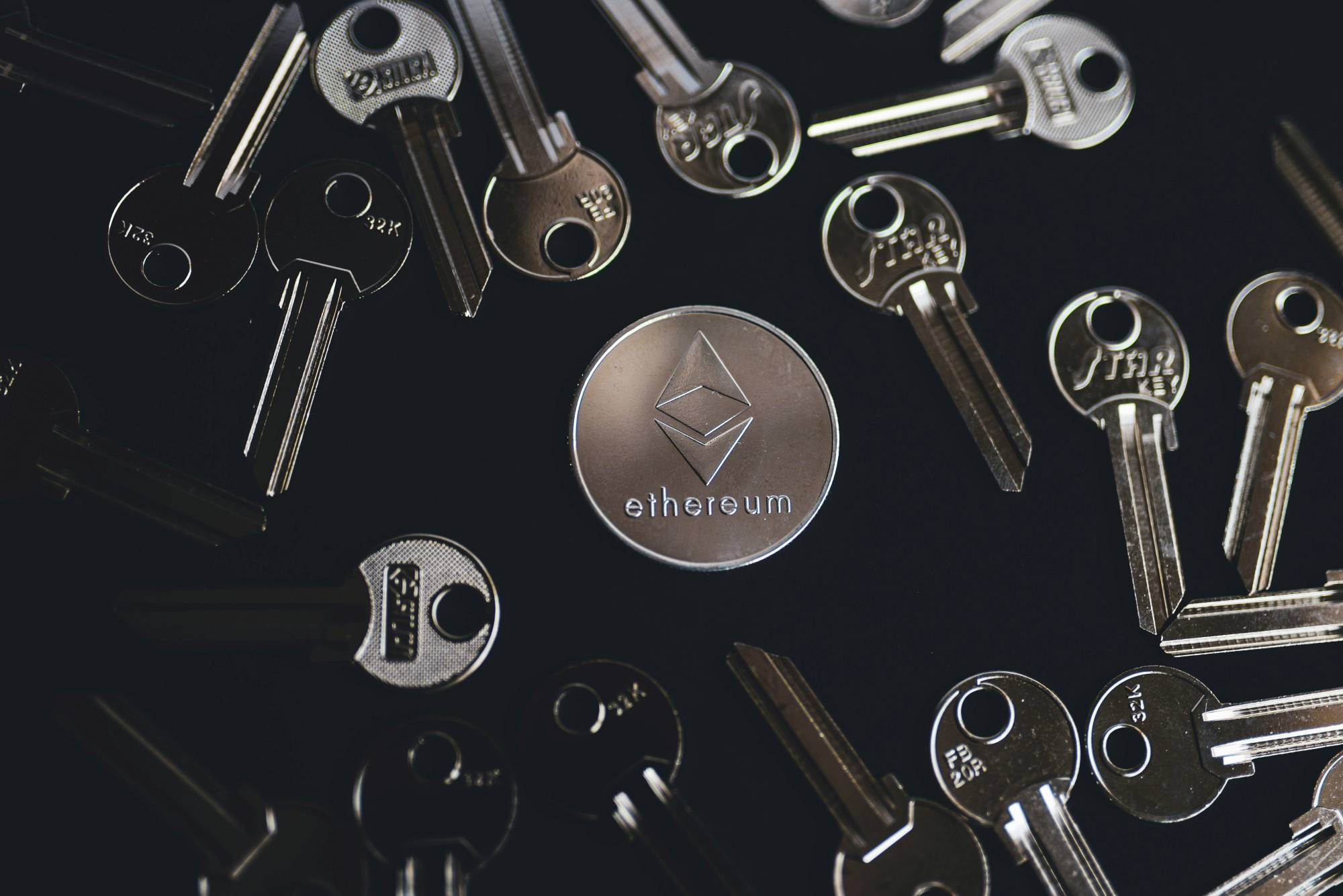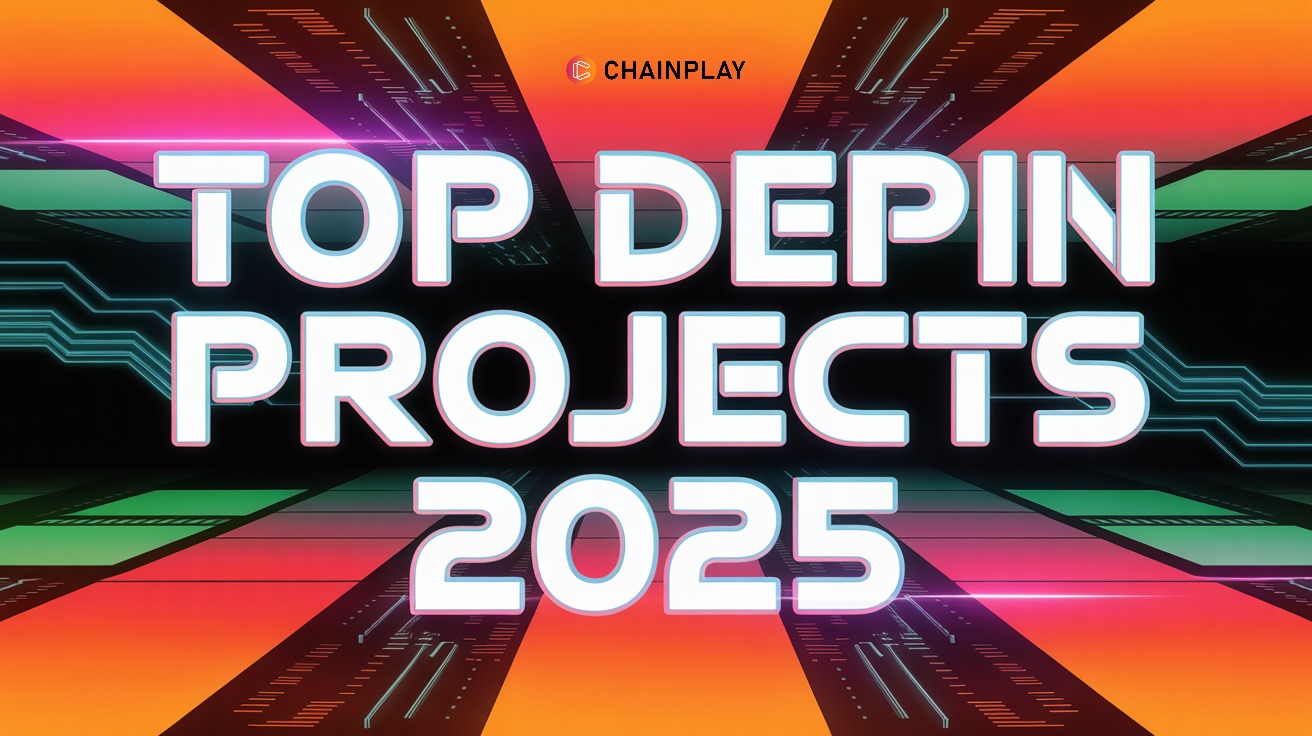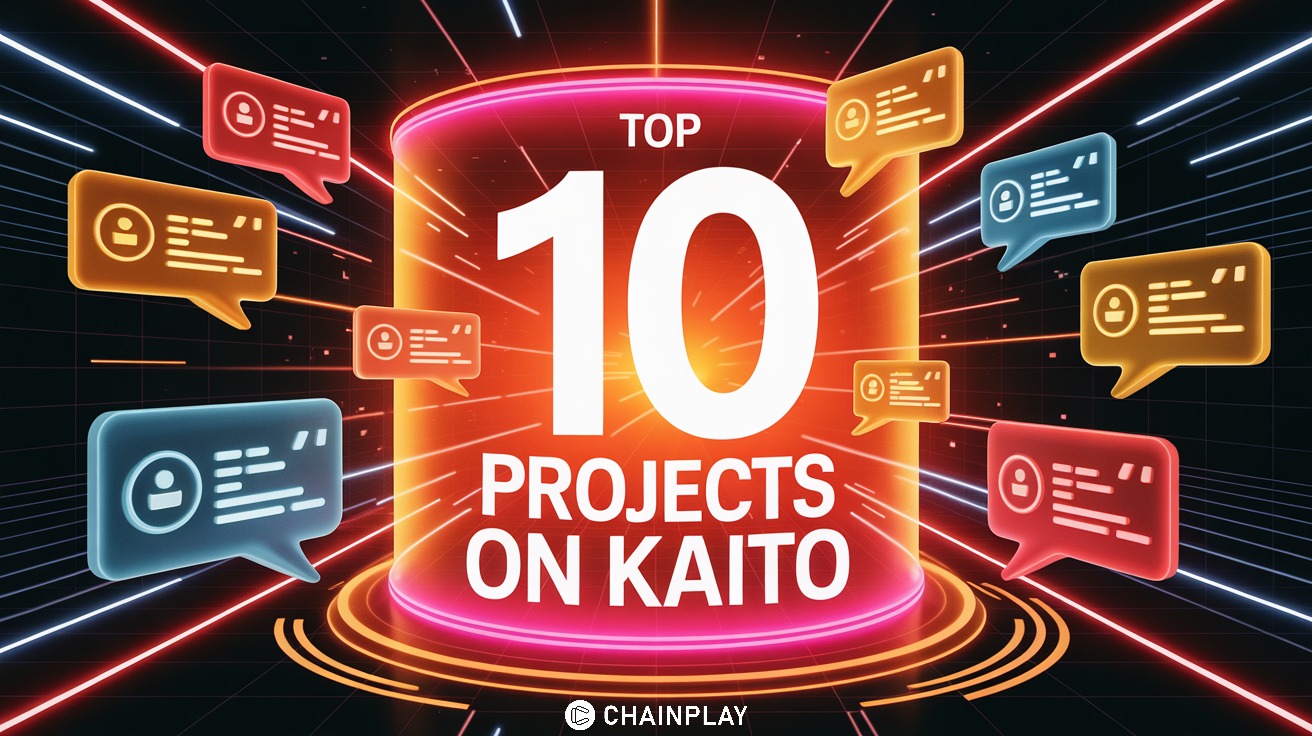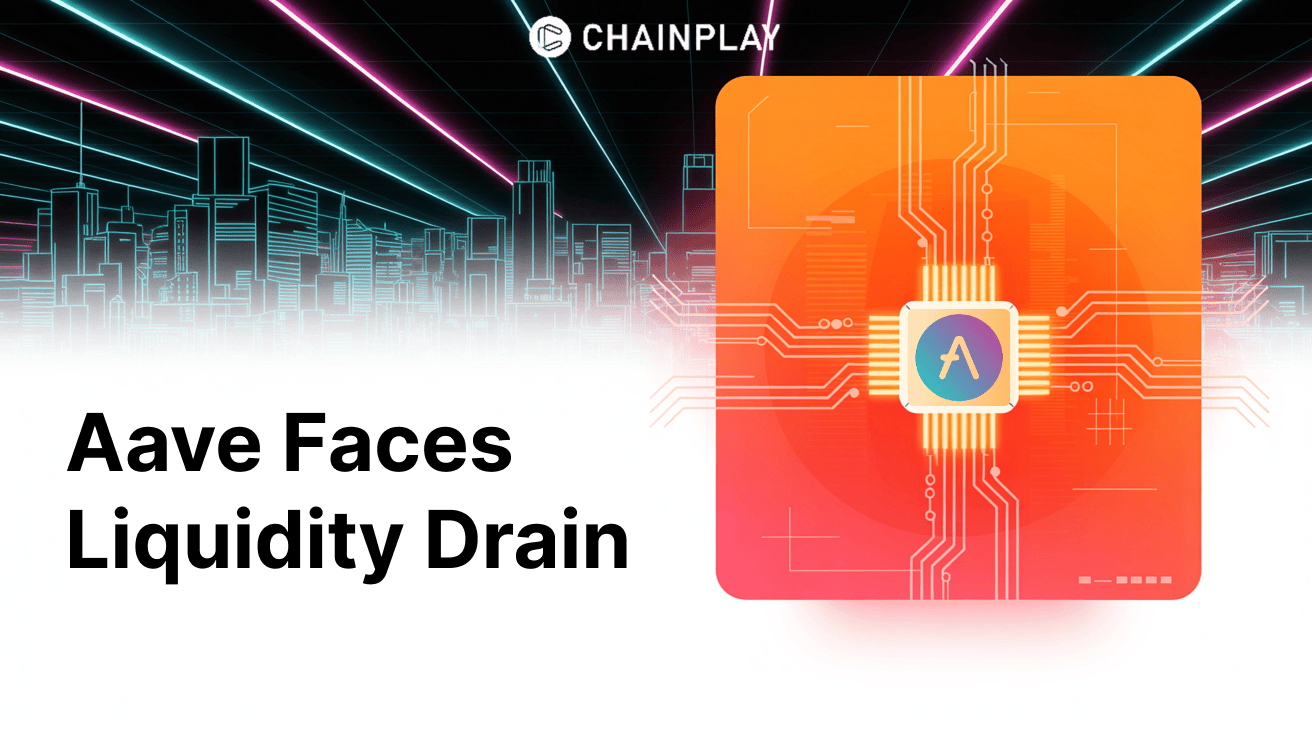News
ZK Chatbots Promising Privacy, But Who Pays?
ChainPlay
•
2 days ago
Share :

As decentralized finance (DeFi) continues to make its way into more markets, there has never been a greater need for user-friendly, privacy-minded interfaces. Recently, zero-knowledge (ZK) chatbots have emerged as a promising solution. These are AI agents specifically built to guide users through DeFi platforms without exposing any of their sensitive information.
While the cryptographic magic behind ZK proofs guarantees unrivaled confidentiality, it comes at a price of increased computational load. For node operators (already stretched thin by network upkeep), these new demands could further strain infrastructure and threaten profitability. The tension is clear: ZK chatbots promise to make DeFi more accessible and secure, but their backend requirements may prove unsustainable without broader innovation.
A New Layer of Privacy
As AI continues to reshape every corner of the digital landscape, a new type of tool is making a name for itself which aims to combine streamlined automation with cryptographic privacy. Perhaps the most promising of these is the zero-knowledge chatbot: an AI assistant capable of answering DeFi-related questions without ever accessing or exposing sensitive user data.
At the heart of this cutting-edge technology is a concept called the zero-knowledge proof (ZKP). Without getting into all the gritty technical details, ZKPs allow an entity to prove they know something without revealing what it is. What does that mean, and how is it helpful? If applied to DeFi, these ZK chatbots can, for example, allow a user to confirm that they have enough funds to borrow or that a certain transaction occurred, without the need to disclose any actual balances, addresses, or transaction details.
These privacy-preserving chatbots have immediate, real-world appeal. With ZK chatbots, users can avoid interacting with opaque smart contracts or logging into dubious third-party support channels. Instead, users can now interact directly with an intelligent virtual assistant that helps them stake tokens, check portfolio health, or troubleshoot transactions without sacrificing privacy.
These new tools represent a potential breakthrough for decentralized platforms, where transparency is paramount but personal privacy remains elusive. If implemented properly, ZK chatbots could serve as the missing bridge between user-friendly support and fully private on-chain activity.
The same generative engines that power consumer apps where users can create an AI girlfriend are also being adapted for zero-knowledge chatbots. Swapping flirtatious dialogue for transaction metadata mainly involves domain fine-tuning, plus the not-insignificant work of attaching zero-knowledge proofs to keep those interactions private.
By extending the architecture, devs can let the same LLM handle voice chat for those some AI companions, their image requests, or even short video, then seal each multimodal response inside a compact proof that auditors can verify without ever seeing the user’s prompt. In practice, that means a single companion could walk someone through staking, narrate the steps, generate an captioned screenshot of the contract call, and still reveal nothing beyond a binary “proof valid” flag to the network, demonstrating how conversational convenience and cryptographic privacy no longer have to live on opposite ends of the design spectrum.
Why DeFi Needs This

Despite early promises of openness and personal control over one’s data, many DeFi service providers remain notoriously difficult to use for new or less tech-savvy customers. Mostly, these protocols require a higher-than-average degree of technical know-how, leaving more casual users fumbling with confusing interfaces, vague error messages, and the ever-present fear of making an irreversible mistake. Unlike traditional banking, DeFi services often don’t have any kind of customer support line to call, no one to help walk users through a stuck transaction, or help recover from a simple copy-paste error.
This is where zero-knowledge AI chatbots come into the picture. By offering users contextual help in plain language (answering questions such as “Why did my swap fail?” or “What’s the safest way to stake these tokens?”), chatbots can function as the missing support layer for the DeFi ecosystem. What’s better is that this support doesn’t come at the cost of exposing any sensitive data.
This balance is precisely why zero-knowledge proofs have proven to be so compelling. With them, users can get the help they need without revealing balances, private keys, or transaction histories, allowing users to maintain privacy without sacrificing usability: a feature which DeFi sorely lacks.
Put simply, DeFi service providers have long needed a better user experience, and ZK chatbots offer a path forward. By allowing protocols to provide real-time assistance without compromising decentralization, they could make DeFi less intimidating, more human, and significantly more secure for the next wave of users.
Compute Costs: A Worthy Trade-off?
The appeal of zero-knowledge chatbots is obvious, but so are the costs. These systems rely on some of the most advanced cryptographic math out there to prove statements without revealing the underlying data. Like anything else related to AI, those computations aren’t free. In fact, generating and verifying ZKPs are computationally intensive, particularly when they’re integrated into real-time chatbot interactions across large user bases.
This is where concerns begin to mount for node operators. As the backbone of most decentralized networks, nodes validate transactions and maintain consensus with a (mostly) predictable demand on resources. As you may expect, adding ZK-powered assistants introduces several new layers of complexity and, therefore, raises costs. As opposed to merely checking signatures or confirming a token swap, nodes may now be asked to verify proofs tied to private chatbot queries, each requiring additional computational power.
At a large enough scale, these additional workloads could make it prhobitively expensive to participate in DeFi networks. More than a few node operators have expressed worries that the cost of running a node could rise high enough to limit decentralization, thereby shifting power back toward better-funded operators or third-party relayers.
In response to these criticisms, some DeFi projects are exploring alternatives such as hardware acceleration, proof aggregation, or shared prover models to help distribute the load. Others providers have been expiremtning with offloading the entirety of proof generation to the user in a bid to minimize the burden on the network. But the debate remains active: how can we preserve privacy without bankrupting infrastructure?
If zero-knowledge chatbots are to move from concept to staple, these economic questions will need to be answered; not just cryptographically, but practically.
Big Implications for Infrastructure

Zero-knowledge chatbots introduce more than just new functionality; they challenge a few fundamental assumptions underpinning how DeFi works on the most basic level. If private interactions become the norm, validators and node operators could face radically different workloads and expectations from users. Rather than simply confirming transactions or managing smart contracts, ZK chatbots could be used to certify increasingly complex zero-knowledge proofs tied to user queries, support requests, or off-chain data interactions.
All of these extra responsibilities could lead to a tectonic shift in how resource allocation and participation incentives across a range of networks. In teh coming months/years, some projects may look to offload verification to independent middleware layers designed specifically to handle proof validation.
Broadly speaking, ZK chatbots have the potential to accelerate a shift in the user experience across the crypto scene, where user privacy is a foundational expectation rather than an afterthought. These types of radical changes will require infrastructure built from the ground up with privacy, efficiency, and usability in mind.
What to Watch Next
With zero-knowledge chatbots moving from proof-of-concept to active deployment, several key questions remain unanswered. Perhaps the largest unknown is whether or not user demand for private, AI-assisted DeFi interfaces is enough to justify the increased costs and complexities. At the same time, regulators are likely to take a closer look at tools that allow for anonymous financial transactions, especially when driven by AI models. Many of these uncertainties will hinge on the next wave of technical releases and whitepapers, which promise to clarify what’s real, what’s scalable, and what’s still speculative.
Share this article
#Other
Latest News

What Is DePIN Crypto? Top DePIN Projects To Watch In
9 hours ago

What Is Kaito Yaps? Top 10 Projects On Kaito To Earn
9 hours ago

Inside MapleStory N’s Massive 2025 Summer Patch
12 hours ago

What Makes a Casino Worth Your Time? 5 Criteria That
17 hours ago

ZK Chatbots Promising Privacy, But Who Pays?
2 days ago
Top Trending Games
Related articles

Aave’s liquidity drops as Justin Sun exits $646M in ETH. Ethereum staking faces pressure, while institutions ramp up staking after SEC clarity.
ChainPlay
•
14 hours ago

From solid reviews and digital infrastructure to fast payouts and responsible practices, certain qualities truly separate the decent from the great.
ChainPlay
•
17 hours ago

MapleStory N’s 2025 Summer Update adds new heroes, NFT upgrades, Legion growth, and events—its biggest patch yet with deeper web3 gameplay features.
ChainPlay
•
12 hours ago



